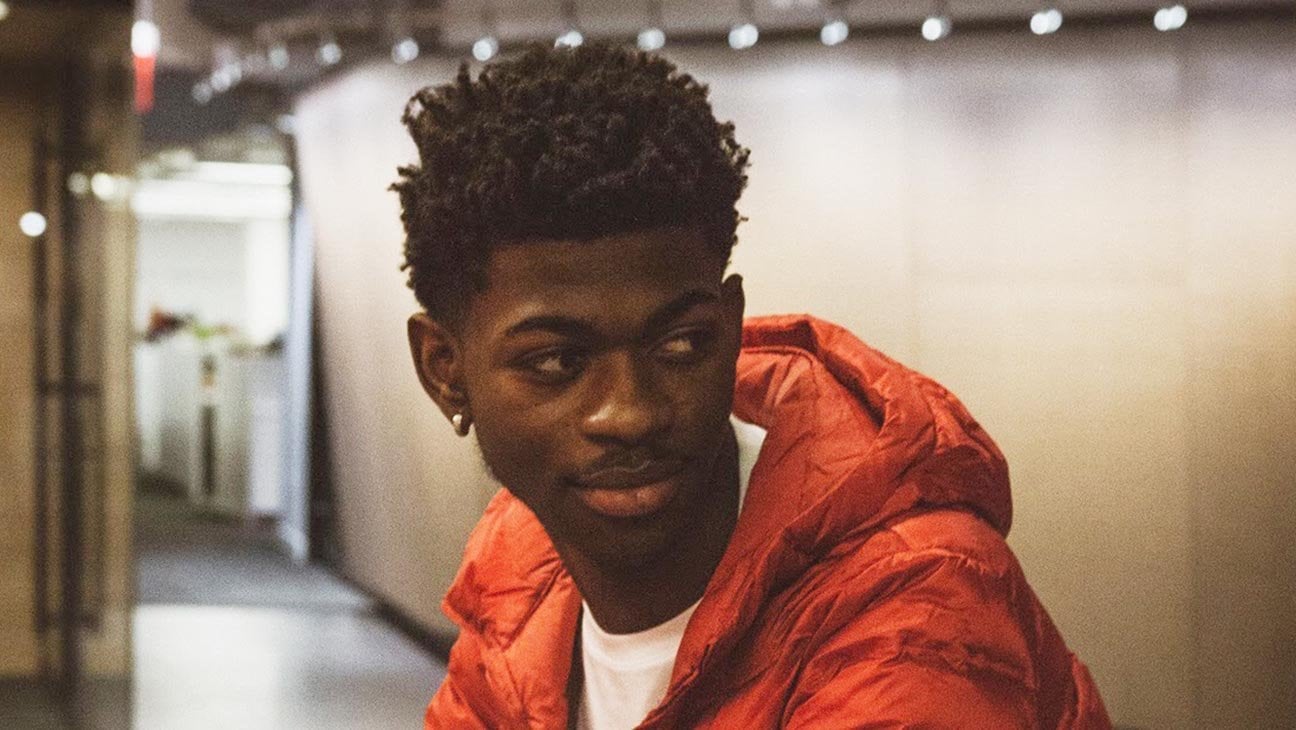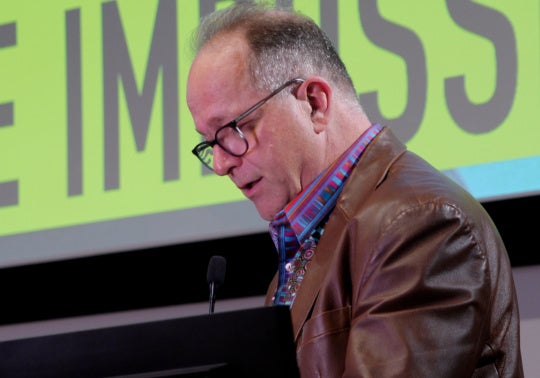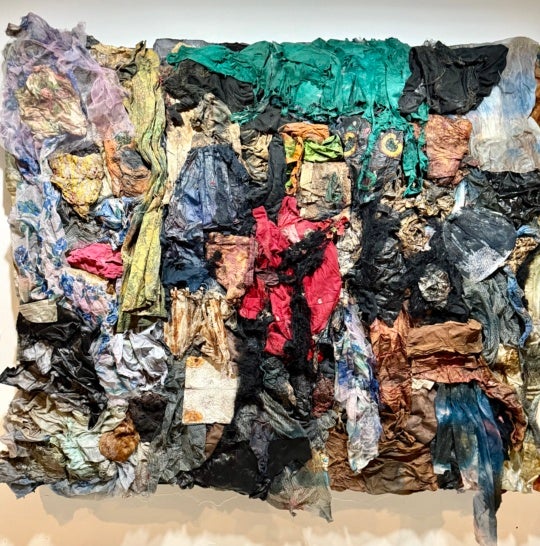
Courtesy publicity photo.
It has been a long, dark, hallucinatory summer. The joyful note that rang throughout Atlanta this spring seems years, if not lifetimes, ago. There are more dead by the hands of their fellow Americans than ever before, and children cry and scream in cages on television, completely alone in the world. Our longest day has come and gone, and it feels like there will never be sun on our faces again.
Week after week all summer, Lil Nas X’s “Old Town Road” continued to break records: the longest running number-one song in the history of Billboard Hot 100, the longest running number-one song in the history of the rap and hip hop charts. The song has now eclipsed its status as a hit, mega hit, cultural moment, cultural touchstone, and is now something completely new, something else.
Looking back now, it seems even more surreal than it did at the time. Every month, Lil Nas X and his posse of associates from across the musical spectrum—Diplo, young yodeler Mason Ramsey, Young Thug, RM of K-Pop boy band BTS—released a new remix, each one more outlandish than the last. The Wikipedia article for the song is over 8,000 words long (four times the length of my original essay about “Old Town Road”) and references things I had completely forgotten about, like the unrealized remixes with Lil Wayne and country singer Jake Owen. And this all occurred before Lil Nas X came out as gay in the final days of the month marking the fiftieth anniversary of the Stonewall Riots. It’s enough to give you whiplash.
When asked about “Old Town Road” in a video interview with Pitchfork magazine, America’s most popular historian, Ken Burns, said, “Yes, okay! I feel happy, I feel joyous. The cavalry has come over the hill to help us deal with the current trouble…This is where we need to go. Country music is telling stories which we all experience. The joy of birth. The pain of death…We all listen to other music. And maybe it’s commerce that wants to categorize it, or maybe it’s us, so we don’t have to know it.” (Burns’s eight-episode series on country music aired this fall on PBS.)
Lil Nas X also achieved what critics said wouldn’t be possible after Game of Thrones or Marvel blockbusters, creating a global, worldwide phenomenon that truly united us through a shared cultural experience. My friend visiting her family outside Alytus, Lithuania, said to me, “I heard your horse song on the radio here. I love this for us.” The horses in the back have perhaps reached more ears, through more versions, across more cultures, than anything else this year. It is, of course, possible to make a jaded corporatist prediction based on what happened to Lil Nas X: there will be more and more super-mega-jumbo hits like “Old Town Road,” this is the viral meme-hit hell we have been consigned to for a few decades.
But this view simply sells each of us short, urging us to give up on the things that bring us together as members of the human race. These things—the joy of birth, the pain of death, the hurt of missing someone—will fix our current troubles.
And now these three remain: faith, hope and love. But the greatest of these is love.
This postscript, originally published in Stranger, Harder, Brighter: The 2019 Burnaway Reader, follows the essay “Letter from Atlanta: Old Town Fury Road,” which was published by this magazine in June 2019.
You can purchase a copy of Stranger, Harder, Brighter here.




